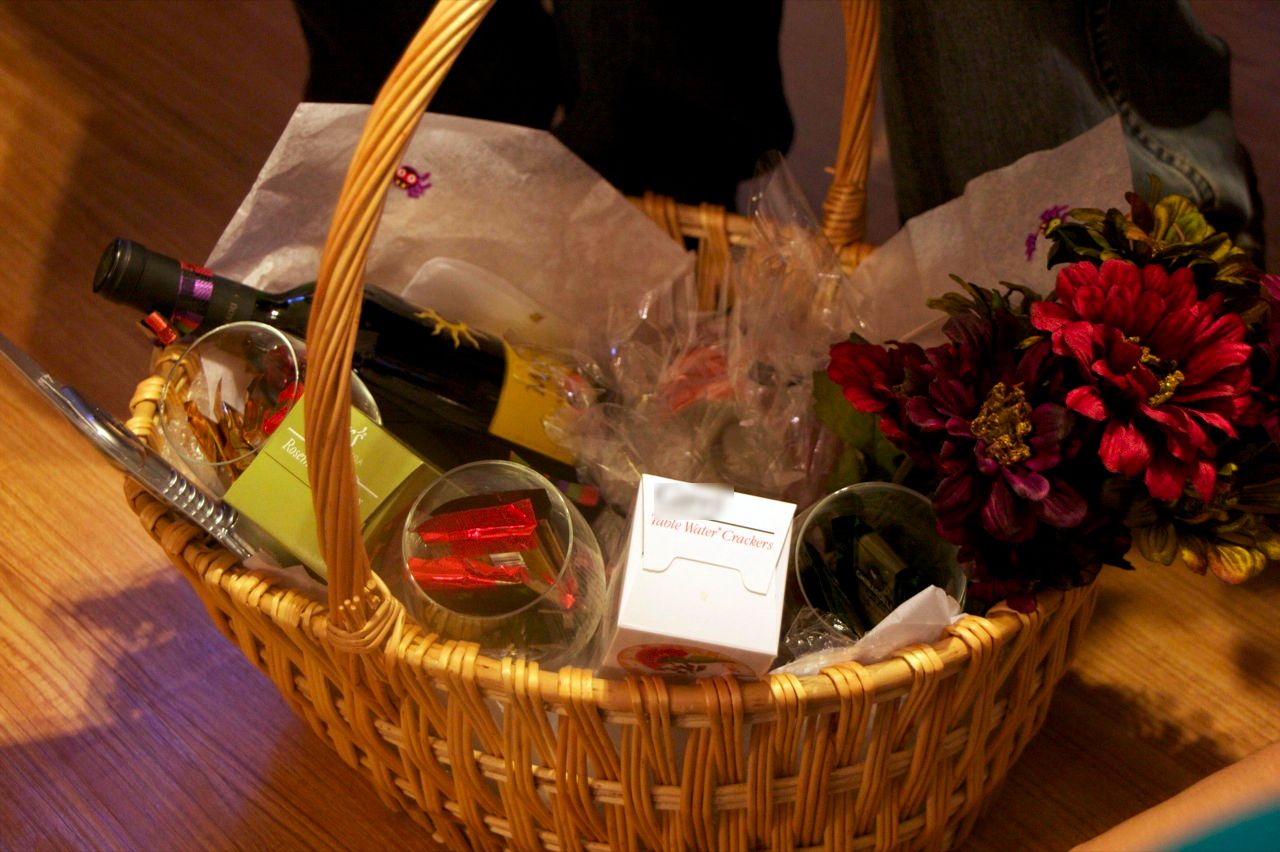[UPDATE on Wednesday, 1 July at 7:55am: We've learned that this scam happened in Sydney in 2008, and never took place in Singapore. But as our grandmas always say, there's no harm being careful and aware, eh?]
Just when you thought you were savvy enough to avoid being tricked by door-to-door scammers, here comes one that may blindside even the most cautious among us.
We've come across what seems to us to be a new scam that we'd like to warn you about — we're calling this the "Debit Card Delivery" Scam — and here's why it's so tricky:
New'>
Posted by Simon Tay on Saturday, 27 June 2015
In this Facebook post shared by a user named Simon Tay, the anonymous victim — whose location we haven't been able to establish, although we have attempted to contact Tay for more information — details her experience of receiving a call from a company called "Express Couriers" informing her of an impending delivery, and about an hour later answering the door to find a "delivery man", clad in uniform, with a basket of flowers and wine.
When she asked who it was from, the courier said he did not know, but promised a card was on its way — it never arrived, the victim added.
She and her husband were then informed of the need to pay a $3.50 delivery charge, payable as proof of delivery, apparently because the delivery man needed to show he had dropped it off with an adult, as the "gift" contained alcohol.
After her husband agreed to pay, the man at the door gave reasons to decline cash payment, citing the need to ensure accountability and to prevent from making couriers carry too much cash on hand. Out came a mobile card payment machine, and the victim's husband swiped his debit card, entered his PIN and also the three-digit security code at the back into the device.
The two received a receipt and the man went on his way. Days later, however, the couple realised some $4,000 was taken from the card's linked bank account through various ATMs.
Now, what lessons can we learn from this?
We've asked our pals at the Singapore Police about this, but they're unable to let us know if they are aware of this particular scam because they can only track details of their cases through the exact police reports made about them.
Even if this didn't happen in Singapore, though, we think it's pretty important to share this with you so you can be cautious, especially with your debit or credit card details — just in case something similar happens to you:
 Source: Flickr
Source: Flickr
1. If you are presented with an unexpected package or delivery, always make sure you can verify the identity of its sender first, and that you know and trust the sender.
If you don't, and there's no available information at that point, it's best to stay on the safe side and politely reject the gift.
2. Be extra-suspicious of deliveries that require you to pay money to accept them.
Even if you recognise the name of the sender of this unexpected "gift", be sure to check with the sender first to confirm that you are required to pay any specific amount, before going ahead to do so. Of course, if your named sender has no knowledge of the package, much less the requirement to pay, your next steps are clear — reject and report the case to the police.
3. Do not enter your PIN or three-digit security code when making in-person credit or debit card payments.
The only time you need to enter your credit or debit card security code is when conducting online transactions that you initiate. When doing this, make sure you only use trusted, reliable, secure and established payment systems like the banks you use, and PayPal, for instance.
Even if you're using a debit card to pay for something, you should never have to enter your PIN over and above inserting the credit card chip into a machine, unless you are paying for a product or service by NETS.
Top photo from Flickr.
If you like what you read, follow us on Facebook and Twitter to get the latest updates.
